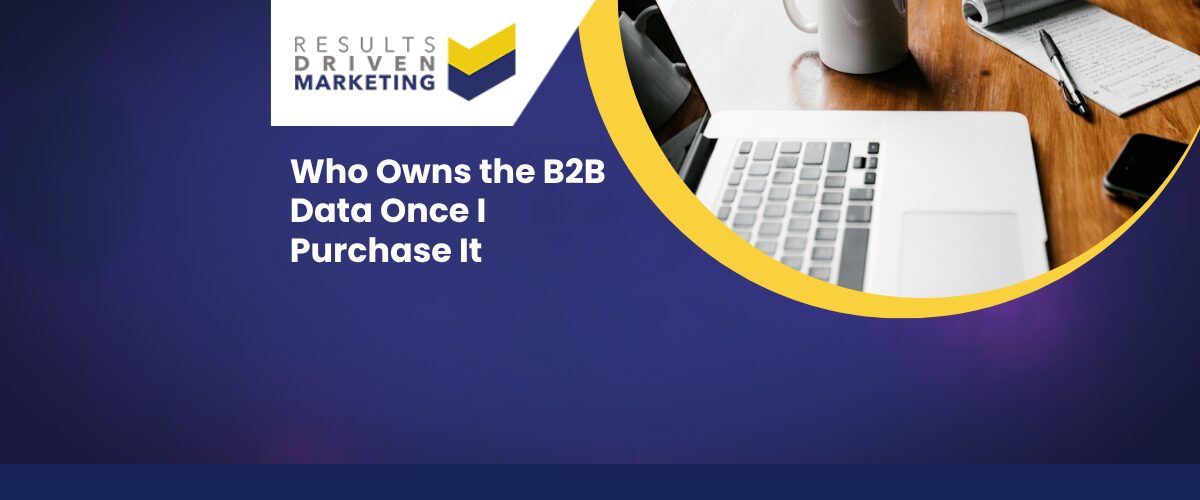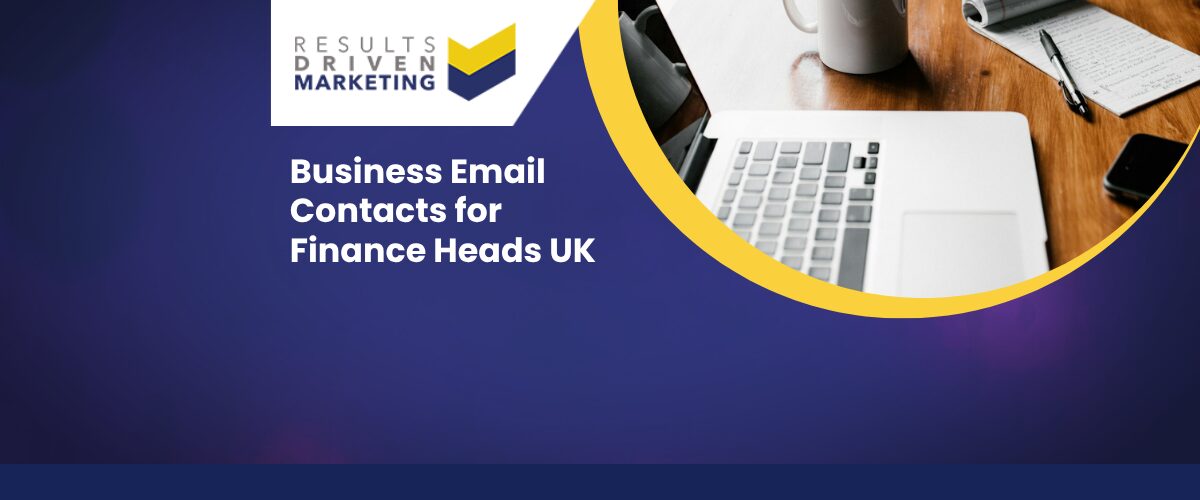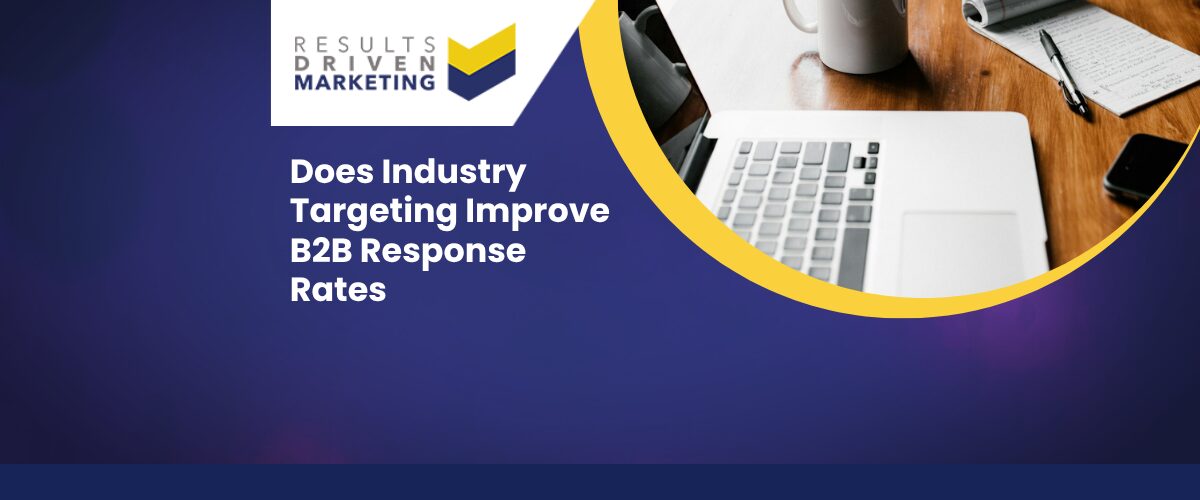
Who Owns the B2B Data Once I Purchase It
Who owns the B2B data once I purchase it? It’s a question we hear all the time — and one that’s more important than many businesses realise. If you’re buying data to drive your sales or marketing campaigns, you need to understand exactly what you’re getting — and what your rights and responsibilities are.
There’s a common misconception that paying for a business data list means you own it outright. But in reality, most B2B data is licensed, not sold — and the terms of use can vary depending on the supplier. Misunderstand how it works, and you could find yourself in hot water with regulators, or worse, damaging your own campaign performance.
In this post, we’ll unpack what you’re really buying, who legally owns the data, how GDPR applies, and what it means for your marketing. Clear answers, no jargon — just practical advice to help you use B2B data safely and effectively.
Table of contents:
Why Ownership and Licensing Matters
When people ask, “Who owns the B2B data once I purchase it?”, they’re often surprised by the answer. Just because you’ve paid for a marketing list doesn’t mean you own the data outright. In most cases, you’re buying a licence — the right to use the data for a specific purpose, within specific boundaries.
Why does this matter?
-
Misuse can lead to compliance issues: Using data beyond your agreed terms (e.g. sharing it, reselling it, or using it indefinitely) can breach both your contract and GDPR.
-
Assumptions cost money: Businesses often buy a list assuming it’s theirs to use however they like — only to hit issues when contacts complain or bounce rates spike.
-
Your campaigns depend on it: If your data licence expires or is limited to a single use, continuing to use that data could lead to reputational or legal risks.
Understanding the difference between ownership and usage rights is key to using purchased data correctly — and confidently.
What You’re Really Buying
When you purchase B2B data, you’re not buying ownership of the information — you’re buying the right to use it. That might sound like a minor detail, but it has big implications for how you can use, store, and manage the data.
Access vs Ownership
-
Licensing, not ownership: Most B2B data suppliers offer usage licences — meaning you’re allowed to use the data under specific terms, not own it indefinitely.
-
Typical usage terms: These might include:
-
Single-use: One campaign or communication only
-
Multi-use: Limited use over a set period (e.g. 12 months)
-
Restrictions: No reselling, sharing, or modifying key fields
-
How This Applies to UK B2B Data
-
B2B vs consumer data: While B2B data is treated differently under UK law, it’s still regulated. Especially when personal identifiers (like names and email addresses) are involved.
-
GDPR still applies: Even in a business context, if you’re emailing named individuals or calling company numbers, you’re expected to follow GDPR and CTPS rules.
So, while you can absolutely use purchased data to grow your business, you’re doing so under licence — with legal and ethical responsibilities attached.
Data Responsibilities After Purchase
Buying a B2B list doesn’t end your responsibilities — in fact, it starts them. Once you’ve acquired the data, you become the data controller, which means you’re accountable for how that data is used and protected.
Your Role as the Data Controller
-
Under GDPR, the buyer becomes responsible for ensuring the data is handled lawfully.
-
You must process the data with a valid legal basis — for most UK B2B campaigns, this is usually legitimate interest.
-
You’re responsible for opt-outs and suppression lists: If someone unsubscribes or objects to contact, you must respect that — even if it’s data you’ve purchased.
How Long Can You Keep the Data?
-
Data isn’t forever: Holding onto old lists for years without refreshing or validating them can cause serious issues.
-
Standard good practice: Use within 12 months unless actively cleaned and maintained.
-
Re-licensing may be needed: Many suppliers, including Results Driven Marketing, offer clear terms around retention and reuse.
In short — you don’t just use the data, you take on the responsibility of managing it ethically and legally.
What to Clarify with Your Data Provider
Before purchasing any B2B list, it’s important to get clear on the terms. Not all suppliers are upfront, and vague contracts or unclear usage rights can land you in trouble later.
Here’s what to ask:
-
What type of licence am I getting?
Is it for single use, multi-campaign, or time-limited use? -
How long can I retain and use the data?
Look for clarity on duration — e.g. 6 months, 12 months, or unlimited (with conditions). -
Can I reuse the data across different campaigns or channels?
Some licences limit the scope — e.g. email only or telemarketing only. -
What about GDPR and CTPS compliance?
Does the provider confirm that their data is sourced and maintained in line with UK regulations? -
Are there any restrictions on sharing or editing the data?
Most suppliers will prohibit reselling or redistribution.
Red Flags to Watch Out For
-
“Unlimited use forever” with no documentation
-
No mention of GDPR, CTPS, or data sourcing
-
Lack of support or answers when you raise compliance questions
Choosing a reputable UK-based supplier like Results Driven Marketing helps you avoid the pitfalls — and gives you peace of mind that your campaigns are built on solid, compliant data.
Why Choose Results Driven Marketing
At Results Driven Marketing, we believe buying B2B data should be clear, compliant, and focused on results — not confusion or compromise. Here’s what sets us apart:
-
Transparent Usage Terms
We clearly outline your data licence — whether it’s for single use or multi-campaign — so you know exactly what you’re getting. -
GDPR-Aware Support
We don’t just sell data — we help you use it properly. From processing under legitimate interest to managing opt-outs, we’ve got you covered. -
Clean, Accurate, Targeted Lists
Our data is refreshed monthly and tailored to your target audience — from job roles and locations to turnover and industry. -
CTPS-Checked Telemarketing Data
Every record is screened against the Corporate Telephone Preference Service to keep your campaigns compliant. -
No Hard Sell, No Guesswork
If we don’t think you need 10,000 records, we’ll tell you. You get practical advice, not pressure.
Need help finding the right audience or understanding your data rights? Contact us for no-obligation advice — we’re here to help.
Summary: You Use the Data — You Don’t Own It
So, who owns the B2B data once I purchase it? The answer is simple: you don’t own it — you licence it.
Let’s recap:
-
When you buy B2B data, you’re buying the right to use it, not outright ownership.
-
Licensing terms vary — they might limit how long you can use the data or how often.
-
You’re the data controller, which means GDPR, CTPS, and ethical use all sit with you once the data’s in your hands.
-
The best suppliers are transparent, compliant, and focused on helping you get results without the risks.
Understanding what you’re buying — and how to use it properly — gives you a real edge. It protects your business, improves your outreach, and builds long-term success.
Ready to buy data with confidence? Check out our email lists or get in touch for honest advice from a UK-based team that puts results first.
Results Driven Marketing
Premium B2B data for UK SMEs.
📍 Newcastle | 📞 0191 406 6399 | 🌐 rdmarketing.co.uk




